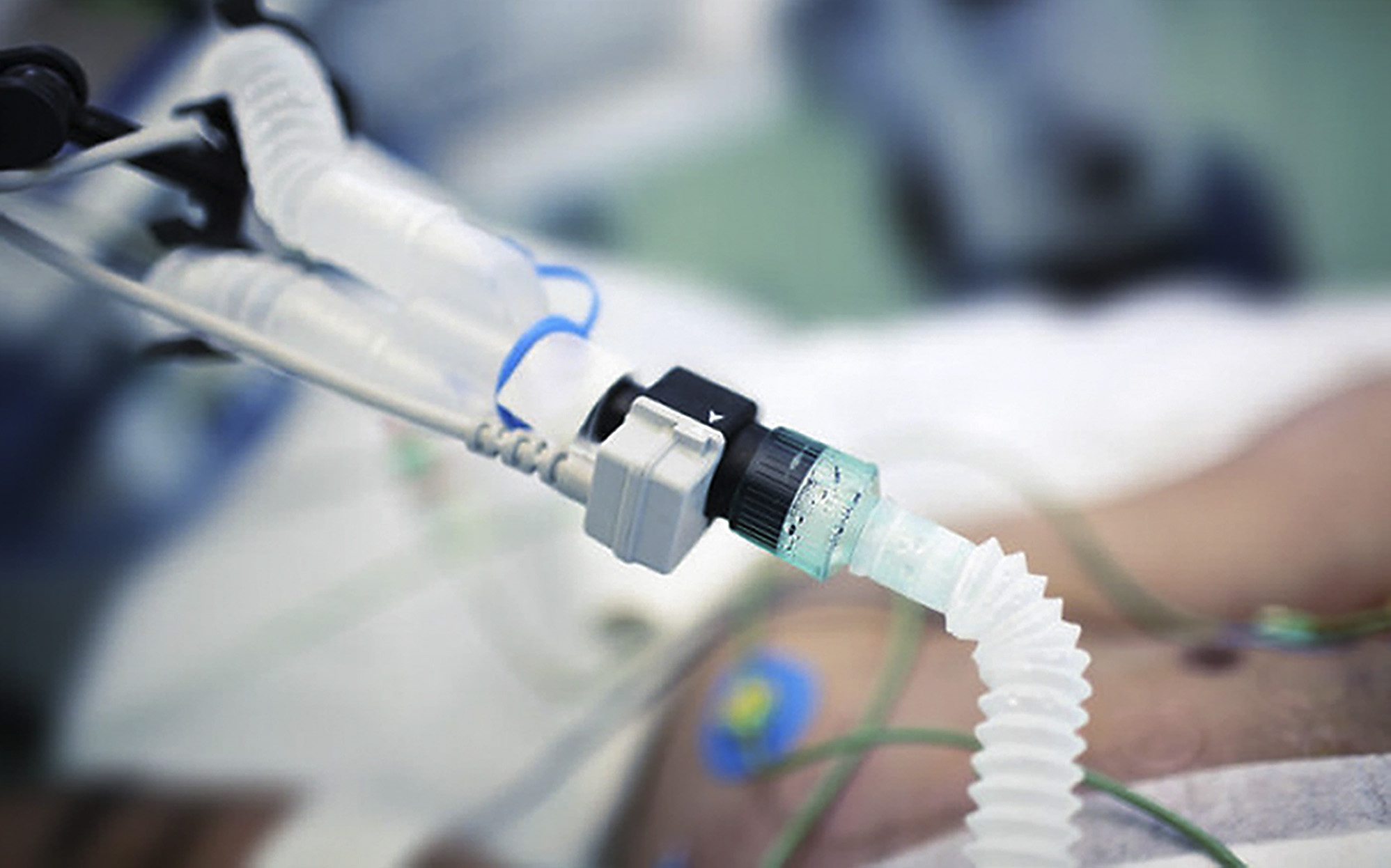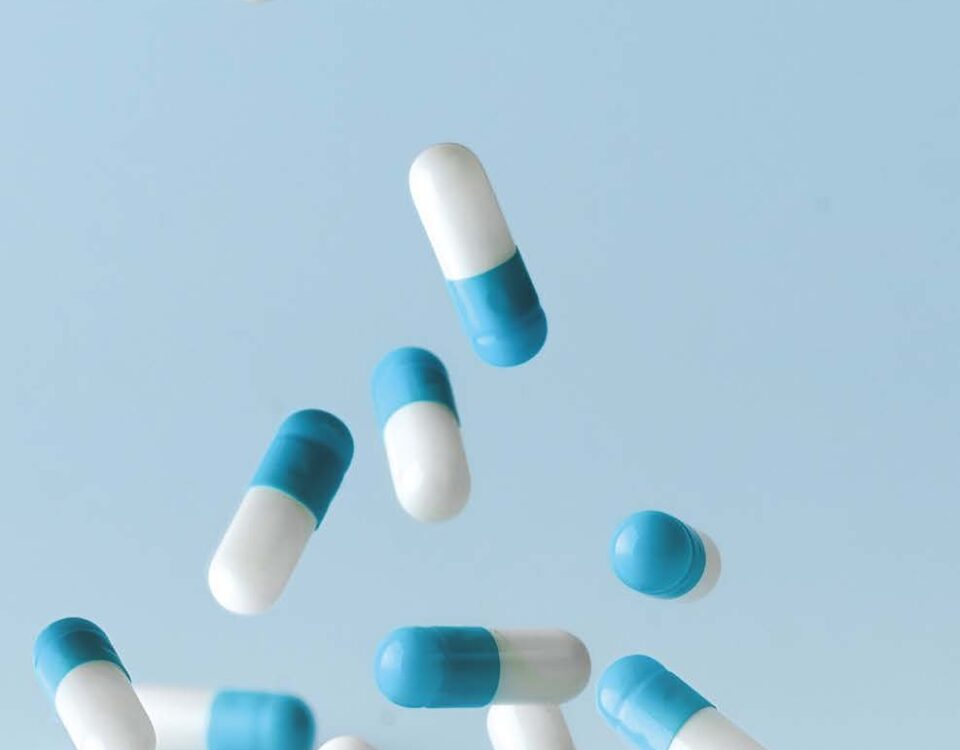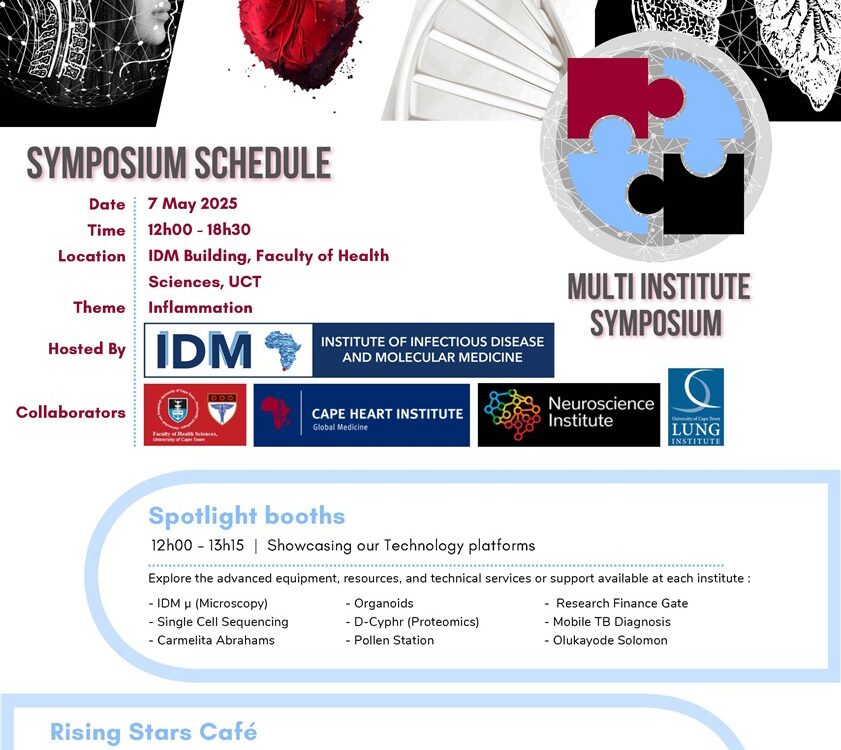
How to ensure your body is healthy enough to fight off the virus?
7th July 2020
Gauteng’s oxygen shortages raise questions about lockdown planning
9th July 2020Zakiyah Ebrahim | Health24 – 08 Jul 2020, 08:45
WATCH | Ramaphosa ‘greatly encouraged’ by news of breakthrough in Covid-19 treatment
In a breakthrough trial, dexamethasone appears to be a Covid-19 miracle. Ramaphosa said the Department of Health and the MAC have recommended that the drug can be considered for use on patients on ventilators and those who are on oxygen supply.
- Most people who get sick from Covid-19 will end up recovering fully
- However, some patients may experience long-term effects
- This mainly depends on the patient’s history of comorbidities and age
Most people who contract the new coronavirus, SARS-CoV-2, experience mild systems, and among those who do go on to develop Covid-19 (the disease) by far the majority experience full recoveries.
More than six months into the pandemic, there have been more than 11.4 million confirmed cases worldwide, of which just over six million people have already recovered, according to a database by the Johns Hopkins University.
However, according to an article by Science Alert, getting an accurate figure on recoveries is hard in comparison to case numbers and deaths, as many countries and regions don’t report recovery cases:
“Recovered cases outside China are country-level estimates based on local media reports and may be substantially lower than the true number,” Douglas Donovan, a spokesman for the university, told CNN.
While scientists are still trying to understand the intricacies of this new viral disease, we spoke to Professor Keertan Dheda, head of the division of pulmonology at the University of Cape Town and Professor Richard van Zyl-Smit, head of the Lung Clinical Research Unit at the University of Cape Town, on the Covid-19 recovery process for different patients.
Mild cases
Earlier this year, the World Health Organization (WHO) indicated that an estimated 80% of confirmed infections are mild, with patients reporting symptoms such as fever, dry cough, and shortness of breath. These symptoms are mostly treated with plenty of bed rest and fluids, as well as pain relief such as paracetamol. According to Dheda, virtually all these patients recover fully.
Van Zyl-Smit also commented: “We have little local information at present about the recovery from Covid-19, but those with mild disease don’t seem to have much of a problem.”
Dr Shu-Yuan Xiao, a pathology professor at the University of Chicago School of Medicine, also told ABC News that the majority of patients with mild cases should recover “with no lasting effect”.
A WHO analysis of Chinese data reveals that in these mild cases, it takes two weeks on average to recover.
Hospitalised, but not severely ill
Recovery for hospitalised Covid-19 patients is not as simple as for those with mild cases, and tends to vary depending on the patient’s health status prior to hospital admission. However, Dheda explained that while most discharged patients recover fully, “some may suffer long-term lung and even heart damage, especially if they are older than 60”.
Van Zyl-Smit also added that patients admitted to the Intensive Care Unit (ICU) are only starting to be seen again six weeks post-discharge, so it might be a bit early to comment exactly how long their process of recovery will be, or how much long-term damage it may cause:
“The group in the middle is a very heterogeneous group and will have mild and severe lung damage all mixed in, as the severity of the lung damage might not have been reflected by the hospital stay,” van Zyl-Smit explained.
Severely ill patients requiring ventilation
The severity of Covid-19 depends on several factors, and studies have shown that patients with comorbidities (such as cardiac disease, diabetes, asthma, tuberculosis), as well as those older than 60 years, were more likely to die or develop an undesirable outcome. Covid-19 patients can also develop pneumonia that leads to acute respiratory distress syndrome (ARDS), which is fluid in the lungs, depriving the organs of oxygen.
The WHO estimates that one person in 20 with Covid-19 will require intensive care treatment, which can include being put on a ventilator. A systemic review and meta-analysis from April that was submitted to the Bulletin of the WHO explains that the prevalence of mortality among patients with comorbidities and advanced age was very high, with ARDS, “the most likely independent predictor of in-hospital mortality”.
The report also goes on to say that in patients admitted to hospital, and who later developed ARDS in hospital, were eight times more likely to die compared to those who didn’t develop ARDS.
If a patient develops ARDS, it can lead to the scarring of their lung tissue, for example. Dheda explains:
“About 10 to 20% of patients with severe pneumonia or ARDS end up with long-term lung scarring and pulmonary disability. The chances of this happening depends on the patient’s age, pre-existing lung disease (previous TB, for example), and severity of Covid-19.
“There is a higher chance of clot formation in the lungs. A small proportion (about 10%) may not have complete clot dissolution and suffer with lung ‘hypertension’, leading to chronic shortness of breath.”
Dheda further commented that other organs that may be damaged long-term include the heart, kidneys and brain.
Post-ICU Syndrome (PICS)
The trauma of being in the ICU itself results in post-ICU syndrome (PICS) in about 15% to 25% of patients, said Dheda. In layman’s terms, this refers to health problems that persist after critical illness and include post-traumatic stress disorder, together with anxiety and mood disorder, explained Dheda.
“There tends to be a slow recovery of physical function, weakness, and poor movement – and mechanical ventilation and ARDS are risk factors.”
In summary, Dheda explained that while the vast majority of people with Covid-19 will not experience any long-term effects after being discharged, there is a small number, which, according to Dheda ranges from below 0.5 to 1% of cases, that may end up with chronic long-term problems that especially affect the lungs.
Megan Hosey, a rehabilitation psychologist at The Johns Hopkins Hospital’s medical ICU said that helping patients manage their health in the ICU as early as possible, will make them better equipped to engage in the next phase of their recovery.
READ | Coronavirus in SA: All the confirmed cases
READ | How can people spread the new coronavirus if they don’t have symptoms?
READ | Your antibodies may only last a few months after recovering from the coronavirus
Image: SDI Productions/Getty
https://m.health24.com/Medical/Infectious-diseases/Coronavirus/recovering-from-covid-19-are-there-any-lasting-effects-20200708-6


